Dominant Federer reaches final Down Under
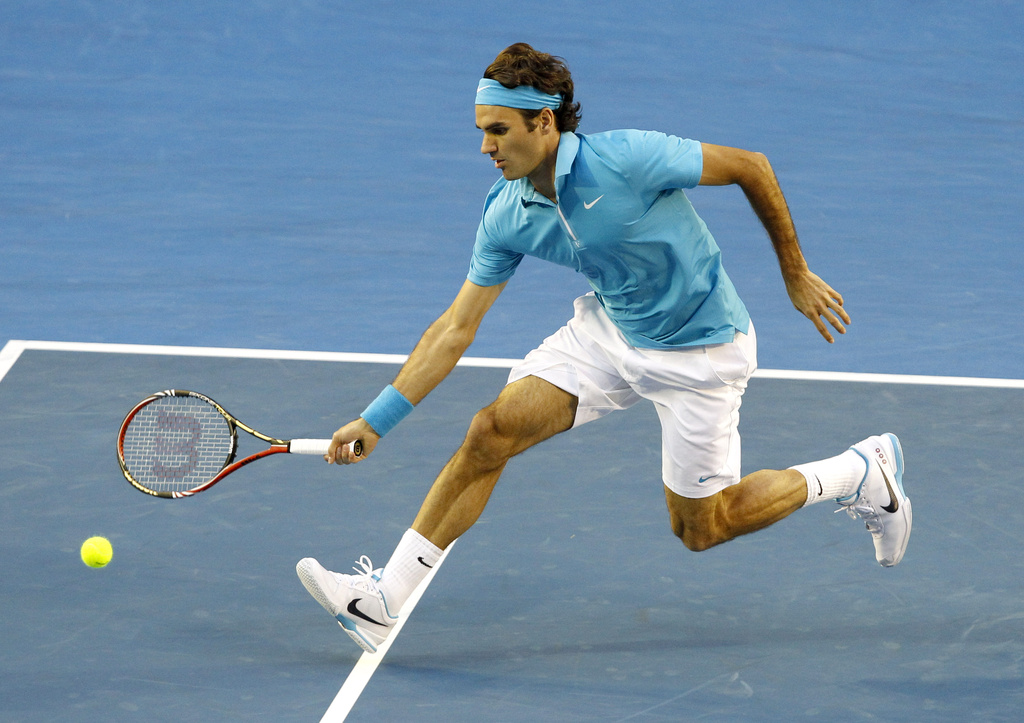
Switzerland’s world number one tennis player Roger Federer has beaten France’s Jo-Wilfried Tsonga 6-2, 6-3, 6-2 in the semifinal of the Australian Open.
The Melbourne stage is thus set for a mouth-watering final on Sunday against Britain’s Andy Murray.
“Don’t mess with Roger,” one fan wrote on a sign at Rod Laver Arena. And the shell-shocked Tsonga didn’t.
Federer was the massive favourite going into his 23rd consecutive grand slam semifinal and broke the tenth-seeded Frenchman, the runner-up in Australia in 2008, twice in the first set.
The two had played twice before, with 28-year-old Federer winning in Madrid in 2008 and 24-year-old Tsonga winning in Montreal last year.
Friday, however, belonged to Federer. Tsonga was trying too many drop shots – a risky idea on a hard court against a player as quick as Federer. The Swiss was having one of those days when everything was working and nearly all of his shots were finding the lines.
Indeed Federer didn’t face a single break point.
“It’s nice going through a match like that,” Federer said. “I think against top players it’s always positive if you can win the first set.”
Tsonga double-faulted on break point to give Federer a 4-1 lead in the third set, and Federer clinched it on his serve in 87 minutes when Tsonga hit a forehand wide.
“Maybe mentally he was more fatigued than physically,” Federer added. “That’s unfortunate for him.”
Pressure, what pressure?
All eyes and thoughts now turn to Sunday’s final.
Federer, seeking his fourth Australian title, has reached a record 22 grand slam singles finals – and won 15 of them, another record.
Unlike 12 months ago, when he was under pressure to equal Pete Sampras’s 14 grand slam titles and ended up in tears after losing a five-set epic to Rafael Nadal, this year Federer has nothing to prove.
Fifth seed Murray on the other hand is carrying more than 70 years of pressure. He is the first British man to reach two grand slam finals in the Open era (post-1968) and the first to reach the Australian Open final since John Lloyd in 1977. More significantly, he is one win from breaking a drought for British men that dates to Fred Perry in 1936.
“I know he’d like to win the first for British tennis since what is it, 150,000 years?” Federer joked to the crowd after the match. “The poor guy who has to go through those moments over and over again … “
Federer beat Murray in the US Open final in 2008, but the Scot, who beat an injured Nadal in the quarterfinals, has a 6-4 record in head-to-heads. That said, Federer has won the previous two encounters.
The bookmakers make Federer the slight favourite against Murray, but whatever the result, fans – especially Switzerland-based Brits – can look forward to a cracking match.
Asked to provide advice to Murray, Tsonga said: “Be ready to run.”
Thomas Stephens, swissinfo.ch
The Australian Open is the first of the four Grand Slam tennis tournaments held each year. It was held for the first time in 1905 and was contested on grass until 1987, when it moved to the hard courts at Melbourne Park.
The two main courts used in the tournament are Rod Laver Arena and Hisense Arena. These feature retractable roofs, which can be shut in case of rain or extreme heat.
The 2009 Australian Open achieved the highest ever single-day day/night attendance record for any Grand Slam tournament of 66,018.
In 2010 the winners will receive A$2,000,000 (SFr1,900,000) and the runners-up A$1,000,000, with the amount then more or less halving for each round.
Age: 28
Match record: 681-162
Career singles titles: 61
Grand slam titles: 15 – Australian Open (2004, 2006, 2007), French Open (2009), Wimbledon (2003, 2004, 2005, 2006, 2007, 2009), US Open (2004, 2005, 2006, 2007, 2008)
Past seven Australian Opens: He won the event in 2007, 2006 and 2004. He lost in the semi-finals in 2005 and 2008 and went out in the fourth round in 2003. He lost to Nadal in the final in 2009.

In compliance with the JTI standards
More: SWI swissinfo.ch certified by the Journalism Trust Initiative

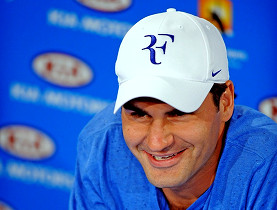
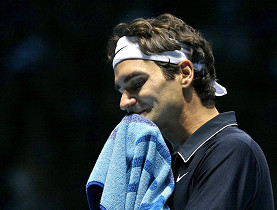
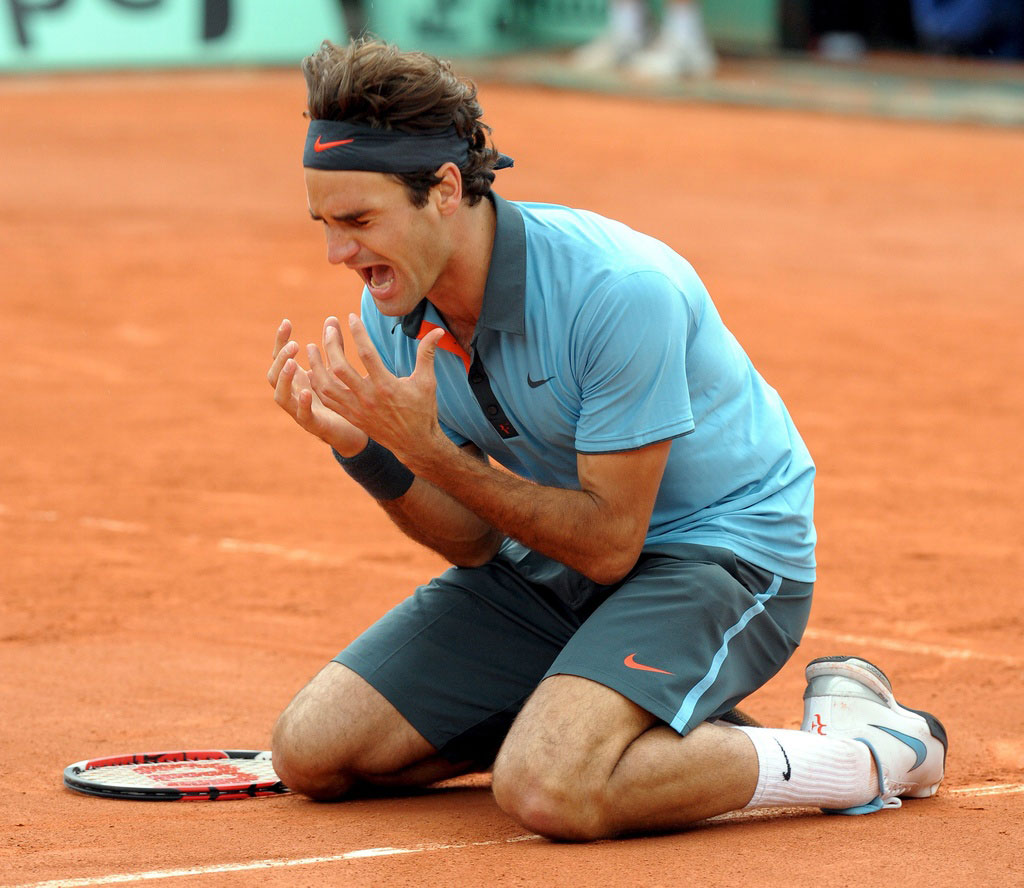
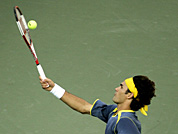
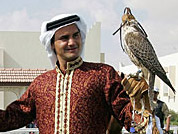
You can find an overview of ongoing debates with our journalists here. Please join us!
If you want to start a conversation about a topic raised in this article or want to report factual errors, email us at english@swissinfo.ch.